KEKAHA — Judith Rivera, Hawaii Research Lead for DuPont Pioneer, said without the project, the facilities at the DuPont Pioneer Kekaha Parent Seed location would probably have been abandoned.
Friday, Rivera was joined by other DuPont Pioneer leaders and representatives from the state and county in breaking ground on its shade house in Kekaha.
“This is an important project for both the company and the community,” Rivera said. “It’s also important because this project could not work in any other place. We worked with our community partners to develop this and bring agriculture to a new way of doing things.”
The new structures will increase capacity and incorporate more efficient technologies, according to a DuPont Pioneer release. The expansions and improvements are estimated at $12.5 million and will enhance the DuPont Pioneer Waimea Research Center, and the former DuPont Pioneer Kekaha Parent Seed location, which are part of the research network.
The groundbreaking comes after the company received approval for the project from the state’s Department of Agriculture in late January.
“This project will expand our capacity to conduct research operations indoors, providing environmental benefits, and reducing the need for additional lands,” Rivera said.
During the first phase of the project, four new structures will be built. Additional structures, to a total of 24, will be built over the next few years. Other improvements are also planned, including renovations to the office building in Kekaha to create more work areas.
Ryan Oyama, a research scientist with DuPont Pioneer, said the shade house technology would help their work, eliminating the possibility of specimen being rained out.
“Weather is unpredictable,” Rivera said. “We have worked with Kauai Coffee Company and our Kunia facility with this technology, and we are happy to have been approved by the state.”
Council Chair Mel Rapozo expressed his elation over the project.
“Agriculture is ahead of tourism,” he said. “Agriculture goes back to our forefathers who came to Hawaii because of agriculture, laboring in the plantations. Being here demonstrates that we made the right decisions and reassures us the agricultural companies are not leaving. We owe this to our ancestors who came here and built on agriculture.”
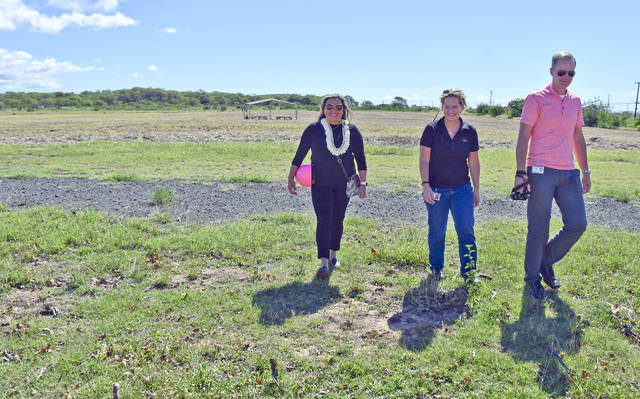
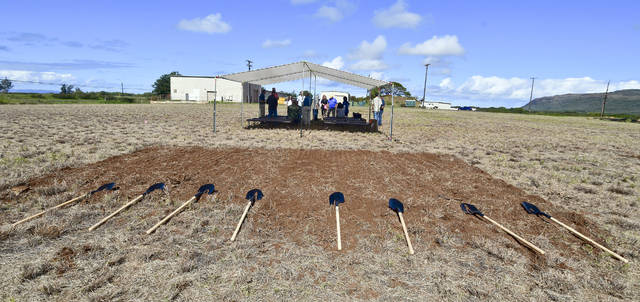
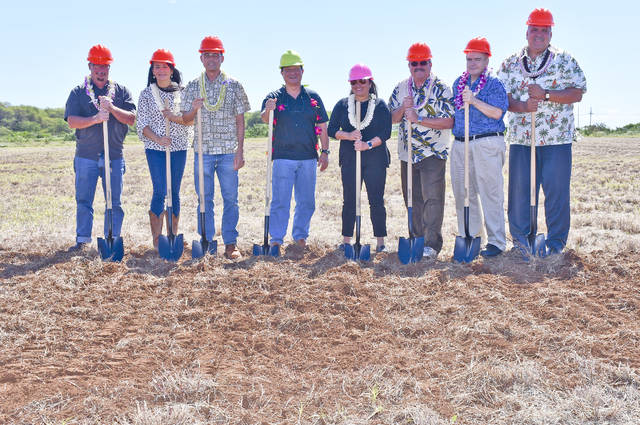
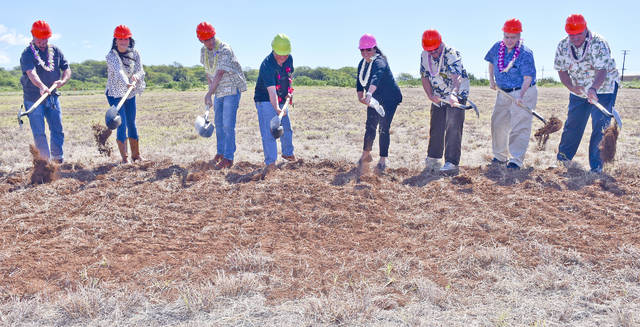
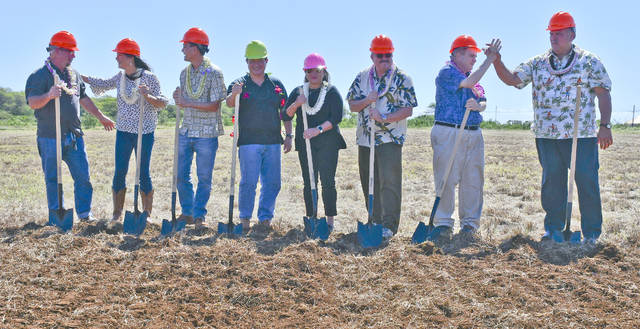

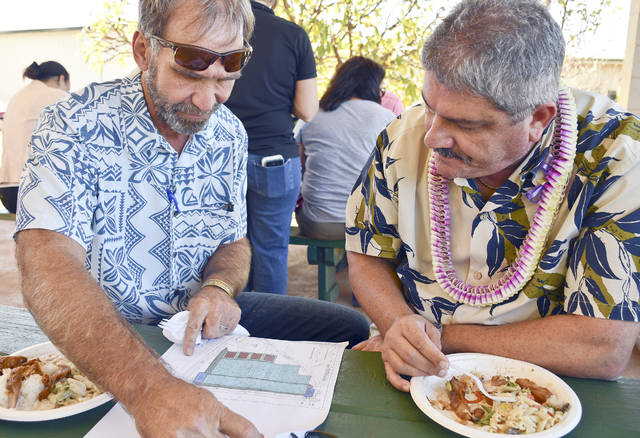


Rapozo should change his mayoral campaign motto to “I Love Pesticides”
Let’s get rid of all the seed and pesticide business and grow industrial hemp. That would be the win win for all involved . We have to many of these companies in the pockets of politicians.
How much of the 12 million goes toward managing the toxic run off into Kauai waters of Dupont’s toxic GMO waste? How much will it cost to replace the land they kill with these kine experiments? Could we request Councilman Rapozo answer these questions, factually, of course!
“We owe this to our ancestors who came here and built on agriculture.”
What a wild statement!! Our ancestors would approve of fields of genetically modified crops which require horrible poisons and furthermore do not contribute to our daily food.
I don’t think so.
Same people commenting on subject matter unbeknownst to them. GMO is not equal to pesticides. One is a result of fast paced genetics while the other is used to describe a chemical (inorganic or organic) to rid undesirables. Would like to know what GMO waste is and how toxic it is. Seriously, I have found that an empty can makes more noise than a full one.